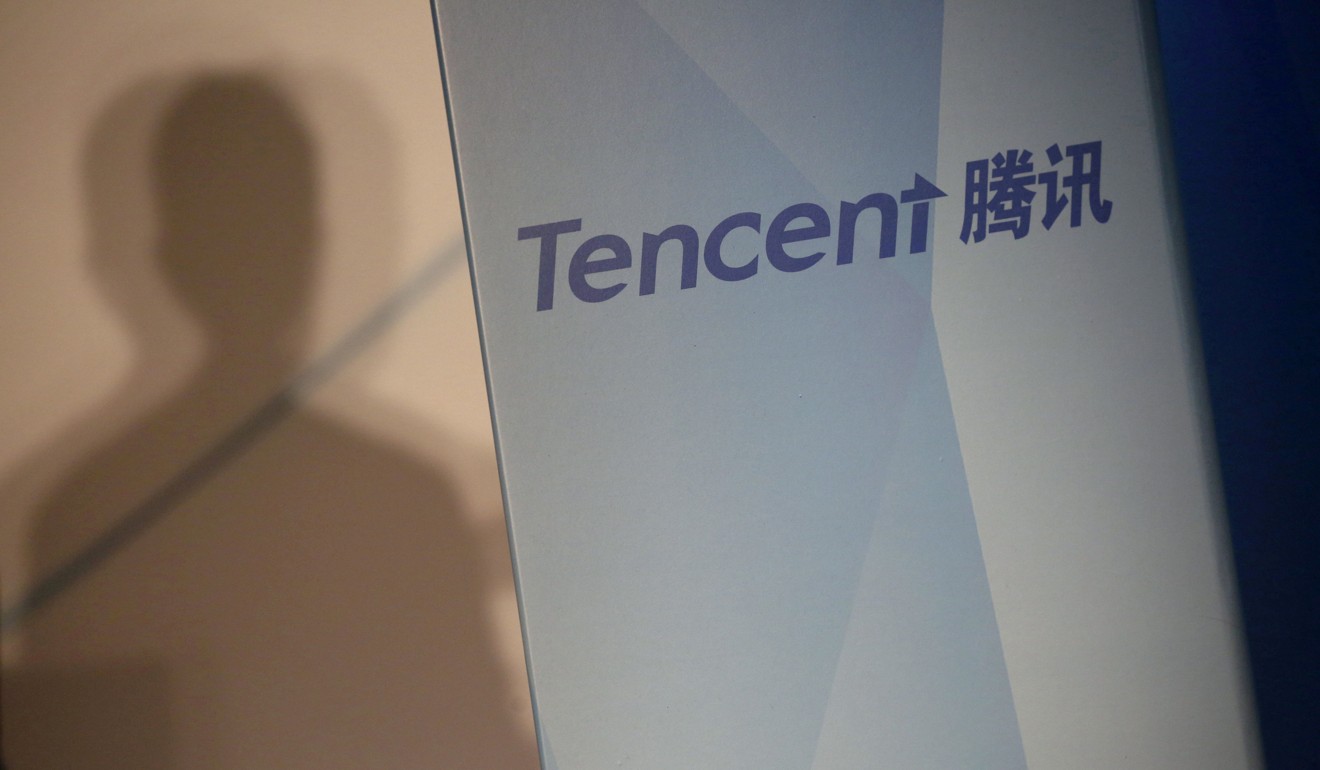
Why you should look to China for the next big idea in tech despite its closed internet and censorship

For decades, aspiring entrepreneurs all over the world have looked to Silicon Valley to find inspiration for the next big idea in technology. On the other side of the Pacific, China has worked hard to encourage company founders to set up shop, but Beijing’s strict internet controls don’t appeal to the open minded.
Now, instead of shunning China because of its censorship restrictions, some adventurous entrepreneurs are seeing opportunities behind China’s Great Firewall, where an isolated market with more than 750 million internet users and abundant venture capital create fertile soil to turn start-up ideas into reality.
One of those adventurous is Grant Long, Silicon Valley born and bred, who moved to Shanghai late last year to set up a business that provides personalised digital expressions, such as animated GIFs and Emoji, to Chinese consumers who use a set of digital communication tools that are different from the rest of the world.
“The Great Firewall makes China a closed internet ecosystem. It is a challenge but it now serves as an advantage for us,” said Long, whose start-up BiaoqingYun offers solutions for a long list of Chinese digital communications tools, including Tencent Holding’s QQ, a messaging app used by more than 800 million people each month.
“Outside China, tools like Facebook and Twitter rule people’s social and messaging life online. But in China, none of those work. That gives us the opportunity to use our Western perspective to come up with something tailored to the digital communication demands of China,” Long said, adding that the
country’s huge population makes it possible to operate a very successful business even if it only serves China’s market.

For example, China is already a world leader in online shopping applications and mobile payments thanks to its role as the world’s biggest e-commerce market. In mobile internet applications, the country’s tech firms are taking the lead in enabling consumers to order food and rent shared bikes with just a few swipes on a smartphone. Moreover, the world’s second largest economy has been ramping up efforts to create the next Silicon Valley by introducing favourable policies and tax breaks for the tech sector.
However, none of this changes the fact that China’s internet environment is cut off from the rest of the world. In fact, the central government has been imposing tighter controls on virtual private networks which give people on the mainland access to banned websites that include Google, Facebook and the New York Times.
Justin Ren, an associate professor at Boston University, said the Great Firewall may have offer some benefits in terms of keeping foreign competition out of China, but it also has long-term detrimental effects.
That gives us the opportunity to use our Western perspective to come up with something tailored to the digital communication demands of China
“For one thing, people are not getting the full information on what exactly other innovative countries are doing. In today’s information age, having partial information equals weaker competitive advantage,” he said.
Industry insiders say the restrictions on foreign search and social media in China over the past decade have enabled mainland internet giants like Baidu and Tencent to grow into what they are today.
“But this phenomenon is mostly over now. Chinese internet companies can now compete with foreign internet companies on ability,” said Jeffrey Towson, an investment professor at China’s elite Peking University.
“I don’t think Facebook would get very far in China today, and most foreign smartphone companies, including Apple and Samsung, are really struggling against Chinese competitors.”
“There weren’t really any limits that protected Didi against Uber last year and they won handily. Chinese internet companies can beat you fair and square,” he said, adding that in most cases the Great Firewall is more for security concerns and political sensitivity, not to protect the emergence of national champions.
The investment going into China’s start-ups is growing steadily and access to funds remains a strong attraction for entrepreneurs, both domestically and internationally. So far in 2017, 41 global technology companies have reached unicorn status, defined as privately held companies valued at more than US$1 billion, according to US research firm CB Insights. Most are in still in the US, but China has seen 15 new unicorns form this year while Europe has five.

Beijing-based Yi Jingping, a computer science graduate who co-founded a retail discount platform company two years ago, said he still wants to build his own business despite the challenges of accessing banned content. “The conditions for starting up a company in Beijing are more than perfect,” Yi said. “There are many people that have had success around me. It’s easy to get funds.”
Yi often seeks inspiration from accessing sites that may be blocked in China. “For a technician, the ability to get around the firewall is a basic skill. I don’t think [internet censorship] has a big impact [on what I do].”
But China’s heavy handed approach to regulating the internet may be hardest on firms that have foreign clients. Some consider China’s new cyber security law, which requires personal information and data collected or generated in China to be stored on the mainland, a major concern.
“Already you need to have data on local servers here, but this could impact moving more of that business locally from abroad,” said Stewart Philips, Asia-Pacific business development manager for Event Bank, a cloud-based management platform based in Beijing. “For some things, organisations and companies are happy to comply because the cost of operating and doing business in China is lower. But at a certain point with data it gets a bit trickier because this is sensitive information.”